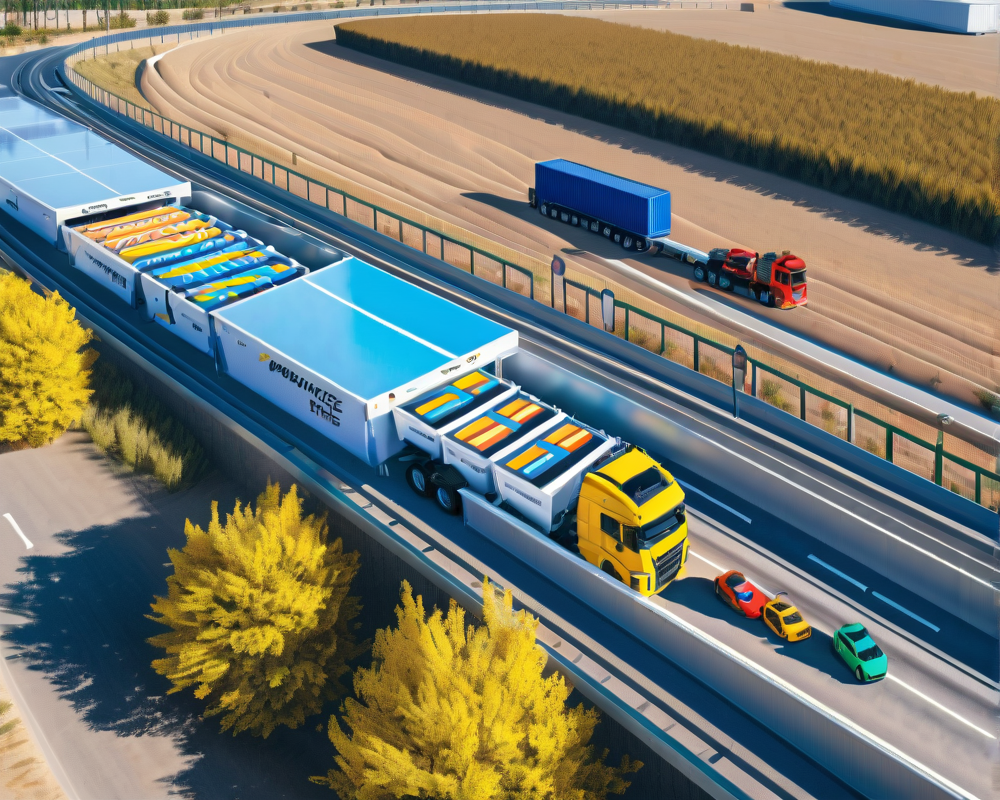Introduction to Bunkertrace
Bunkertrace is diving deep into the world of fuel tracking with a fusion of DNA technology and blockchain. Aiming to revolutionize the marine fuel industry, the company has officially launched its solution after a successful trial in the Netherlands. Think of it as a science fiction plot, but instead of aliens, we have synthetic DNA markers helping us keep tabs on bunker fuel. As they say, sometimes the truth is stranger than fiction.
The Mechanics of the Solution
At the core of Bunkertrace’s solution is the marriage of synthetic DNA markers and blockchain technology. The DNA markers serve as unique identifiers for bunker fuel, allowing for precise tracking throughout the supply chain. Every transaction is recorded in a blockchain system, creating an unalterable ledger that provides transparency for all parties involved.
How Does It Work?
The process is straightforward: when bunker fuel is loaded onto a vessel, DNA markers are added, and the corresponding transaction is logged onto the blockchain. This way, everyone from shipowners to financiers can track the fuel’s journey, ensuring that any changes made during transit are visible. It’s like having a GPS for your fuel, except it won’t ping you when you’re lost.
Real-World Implications
Marc Johnson, CEO of Bunkertrace, highlights the significant changes in the bunkering market, expressing concern over the multiple risks involved, including:
- Risks for owners and charterers
- Financial uncertainties for credit providers
- Challenges for insurers managing risk
- Compliance and enforcement issues in policing the fuels market
By leveraging this innovative solution, Bunkertrace aims to mitigate these risks and enhance trust across the board.
Trial Success with the Prins der Nederlanden
The initial testing period wrapped up earlier this month aboard the Boskalis-owned dredger, Prins der Nederlanden. During the trial, Bunkertrace successfully detected a unique DNA mark using onboard analysis. This moment is like the Holy Grail for fuel tracking—solid proof that their groundbreaking technology can hold up in real-world conditions.
Blockchain’s Growing Role in Hydrocarbons
The integration of blockchain technology is not just limited to Bunkertrace. Other industry players are exploring similar avenues to streamline operations. For instance, Tata Motors is investigating blockchain for real-time fuel quality monitoring. Meanwhile, Sinochem has been discussing a platform with industry heavyweights like Royal Dutch Shell and Macquarie Group, focusing on refining crude oil trade and settlement processes.
Why Blockchain?
You might wonder, why the fuss about blockchain in fuels? Here are a few key benefits:
- Increased transparency across the supply chain
- Efficient settlements and reduced risks of fraud
- Enhanced trust among all stakeholders
As Bunkertrace leads the charge, other companies are bound to follow suit, paving the way for a more organized and trustworthy fuels market.




